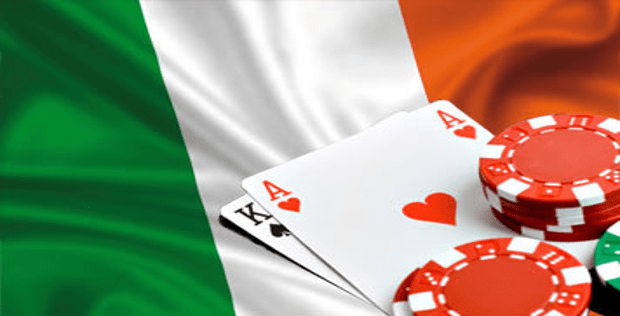Gambling is a very popular activity in Ireland. The Irish have treated gambling as a hobby and pastime. The country is most notably known for greyhounds and horse racing. Various types of gambling such as the lottery, bingo, casinos, and online slots have been patronized by the Irish as well. Here is the Guide to Irish Gambling Law for Gamblers.
The Gaming and Lotteries Act of 1956 governs the gambling laws in Ireland. Most seasoned gamblers and industry experts think that this legislation is obsolete. Ireland has faced criticism for this outdated document of gambling regulations.
Many forms of gambling have been provisioned in Ireland for centuries.
Irish law distinguishes between three main forms of gambling:
- Betting
- gaming
- lotteries
1. Betting
It is regulated by the Betting Act 1931, as amended by the Betting (Amendment) Act 2015 (the Betting Acts).
There is no definition of the word ‘bet’ in Irish law. Instead, the Betting Acts defines it as ‘the word bet includes wager’. The scope of what constitutes a bet is determined at common law by the courts, although case law is rare.
2. Gaming
Gaming is regulated by the Gaming and Lotteries Acts 1956–2013 (the Gaming and Lotteries Acts).
Gaming is termed as including ‘any payment for the right to take part in a game and any other form of payment needed to be made as a condition of taking part in the game but does not include a payment made just for facilities provided for the playing of the game’.
3. Lotteries
Lotteries are permitted by the Gaming and Lotteries Acts but are largely governed and there are restrictions on their operation. As per the Gaming and Lotteries Acts, a lottery ‘includes all competitions for money or money’s worth involving speculations or estimates of future events or of past events the results of which are not yet generally known’.
The Irish National Lottery does not come under the ambit of the Gaming and Lotteries Acts and, instead, is regulated by the National Lottery Act 2013 (the 2013 Act), which replaced the terms of the National Lottery Act 1986.
The most notable feature of the 2013 Act is the establishment of a new office, the Regulator of the National Lottery, whose primary functions are to ensure that the Irish National Lottery is run with all due propriety, to make sure that participants’ interests are protected and to ensure that the long-term sustainability of the Irish National Lottery is safeguarded.
Tote/pari-mutel betting
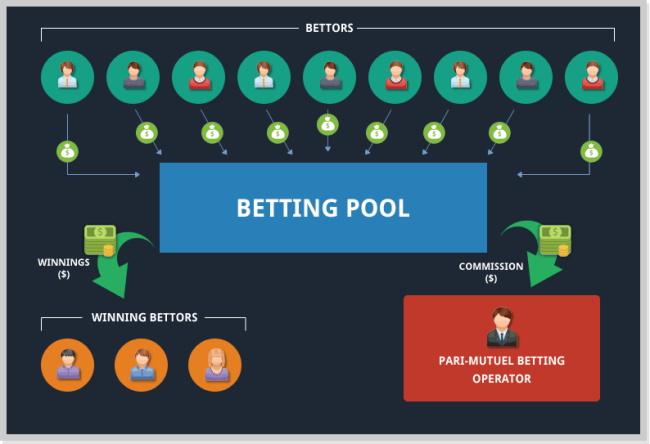
The Totalisator Act 1929 offers for the establishment and regulation of the Totalisator by the Irish Revenue Commissioners. The Irish Horse Racing Industry Act 1994 says that the Irish Horse Racing Authority could look for and have a totalisator license.
Which was later shifted to Horse Racing Ireland by the Horse and Greyhound Racing Act 2001, and the license is currently held by a subsidiary of Horse Racing Ireland called Tote Ireland.
Betting on lotteries
There is no specific licence in Ireland for betting on the results of lotteries. There are a number of operators offering such products to Irish consumers under a remote bookmaker’s license. There is no prohibition on betting on the result of the Irish National Lottery.
Tote/pari-mutel betting
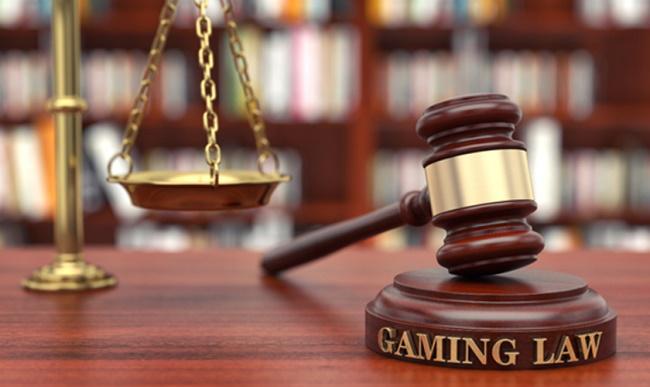
Although gambling has a long history in Ireland, the Irish authorities have identified that the legislation governing gambling requires updates. As currently drafted, betting (remote, non-remote and intermediary) is allowed where a license has been issued under the Betting Acts.
Gaming and lotteries (except for the National Lottery) are governed by the Gaming and Lotteries Acts. However, under the Gaming and Lotteries Acts, gaming is illegal unless it falls under one of the exemptions contained in the Acts.
Those exemptions widely are in connection to gaming that takes place in circuses, carnivals and amusement halls, and gaming that is operated in a certain way.
On 15 July 2013, the government released the heads of the Gambling Control Bill 2013 (the Scheme), which, if enforced, would have modernised Ireland’s legislative laws for all types of online and land-based gambling.
The Irish National Lottery is made to raise money for charities and good causes.
Offshore gambling

Offshore gambling operators offering betting services or betting intermediary services by remote means to Irish citizens need to get either a remote bookmaker’s licence or remote betting intermediary’s licence from the Irish authorities under the Betting Acts. This law is a Guide to Irish Gambling Law for Gamblers.,
Online gaming products (e.g., slots, casino, bingo) are governed by the Gaming and Lotteries Acts, although the legislation has not been updated to take account of online internet gaming.
Operators should know that the Gaming and Lotteries Acts prohibit the promotion, advertising and the provision of unlawful gaming products so it is important that operators are familiar with these provisions.
The 2015 Act extended the existing 1 per cent turnover on a bookmaker’s activities to online and mobile operators and introduced a 15 per cent commission tax on betting exchanges. These rates have since increased to 2 per cent and 25 per cent respectively since 1 January 2019. ‘Commission charges’ are defined in the Finance Act 2002 (as amended) as ‘the amounts that parties in the State to bets made using the facilities of a remote betting intermediary are charged, whether by deduction from winnings or otherwise, for using those facilities’.
Legal and regulatory framework
Remote and land-based gambling

The Betting (Amendment) Act 2015 (the 2015 Act) brought remote bookmakers (e.g., internet and mobile betting providers) and remote betting mediators (e.g., betting exchanges) within the limit of the existing licensing that applied to land-based betting shops in Ireland. This is the Guide to Irish Gambling Law for Gamblers.
Under the 2015 Act, a traditional land-based bookmaker’s licence permits a limited amount of remote betting without the need to get an additional remote bookmaker’s licence. The value of remote betting on a standard bookmaker’s licence may not exceed €200,000 or 10 per cent of that bookmaker’s yearly revenue.
The Gaming and Lotteries Acts apply to all types of gaming, but have not been updated since the introduction of remote gaming (although note the changes that the 2019 Amendment Bill will introduce when it commences).
Land-based gambling
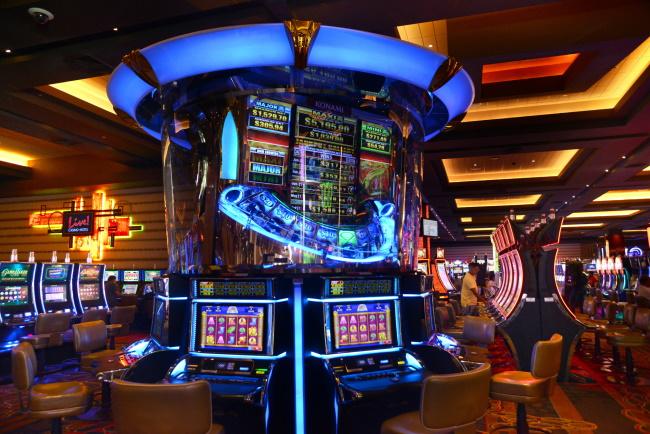
While the Betting Acts states the business of bookmaking being taken place in registered bookmaker’s premises, the Gaming and Lotteries Acts offers for a number of different locations in which forms of gaming can be carried out (e.g., amusement halls, carnivals and circuses). This is Guide to Irish Gambling Law for Gamblers.
As per the type of gambling to be performed, there are a range of restrictions. There is no formal limit on the number of gambling premises of a particular type that can be granted. This is a part of Guide to Irish Gambling Law for Gamblers.
Casinos are illegal in Ireland if they promote or provide facilities for any kind of gaming that is deemed ‘unlawful gaming’ for the purposes of the Gaming and Lotteries Acts. This includes gaming in which, by reason of the nature of the game, the chances of all the players, including the banker, are not equal, or gaming in which any portion of the stakes is taken by the promoter or is stopped by the banker other than as winnings on the result of the play.
Private arrangements are not included in the Gaming and Lotteries Acts. This has given rise to the operation of private members’ clubs as casinos and card clubs, which it may be argued fall outside the law of gaming contained in the Gaming and Lotteries Acts.
Apart from the requirement to become a member, a process that is not standardised, the opening hours, age restrictions and general operation of such clubs are not fixed. This is Guide to Irish Gambling Law for Gamblers.
The Totalisator Act 1929 provides for the establishment and regulation of the Totalisator by the Irish Revenue Commissioners. The Irish Horse Racing Industry Act 1994 says that the Irish Horse Racing Authority could apply for and hold a totalisator licence.
It was later transferred to Horse Racing Ireland by the Horse and Greyhound Racing Act 2001 and the licence is currently held by Tote Ireland. As stated in Section I, Tote Ireland’s current licence is due to expire in 2021. Bord na gCon is licensed to operate a totalisator at greyhound tracks.
Remote gambling
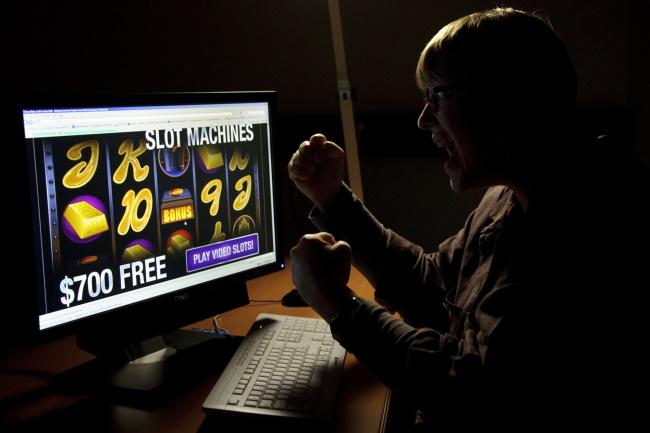
Remote betting and the law of remote betting intermediary services are generally permitted in Ireland, meaning that an operator that is licensed by the Irish Revenue Commissioners in Ireland may provide betting services to Irish citizens in Ireland by remote means using equipment which may be located in Ireland or abroad. This is a part of Guide to Irish Gambling Law for Gamblers.
The online gaming products such as casino, slots and bingo are governed by the Gaming and Lotteries Acts, although that legislative regime has not been updated to consider online internet gaming.
The focus of the Gaming and Lotteries Acts is on gaming carried out in amusement halls, arcades, funfairs, carnivals, travelling circuses and slot machines, and therefore it is unclear how it is to be applied to the type of games offered online.
It is common, however, for operators who are licensed in other jurisdictions to offer online products to Irish customers. It is important in such situations that the contract between the operator and the Irish customer is not governed by Irish law.
Operators should also be aware that the Gaming and Lotteries Acts prohibit the promotion, advertising and the provision of unlawful gaming products so it is important that operators are familiar with these provisions.
Ancillary matters
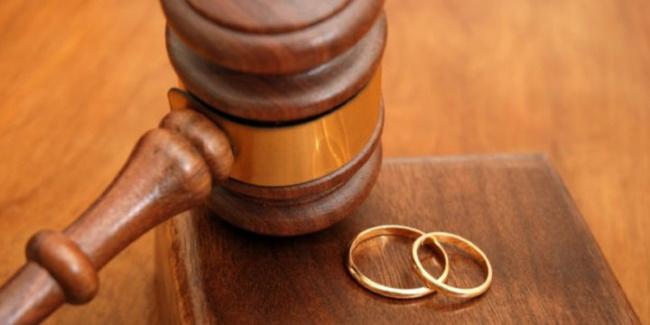
Suppliers of key tools/equipment (e.g., manufacturers of gambling equipment or software suppliers) are not at the moment need to get licences in order to supply to operators. This may be set to change when the Scheme is enacted (see Section VIII). This is a Guide to Irish Gambling Law for Gamblers.
Financial payment mechanisms
There are no specific restrictions on payment systems for gambling in Ireland. Again, this may be set to change when the Scheme is enacted.

